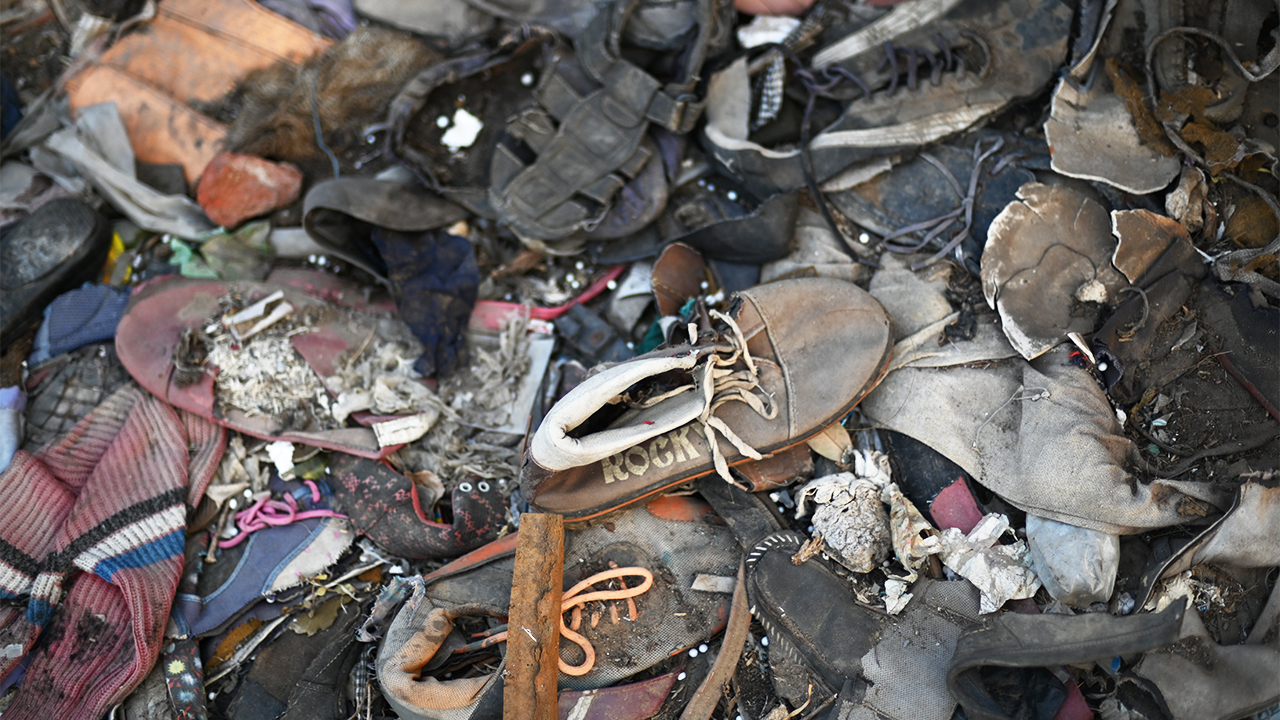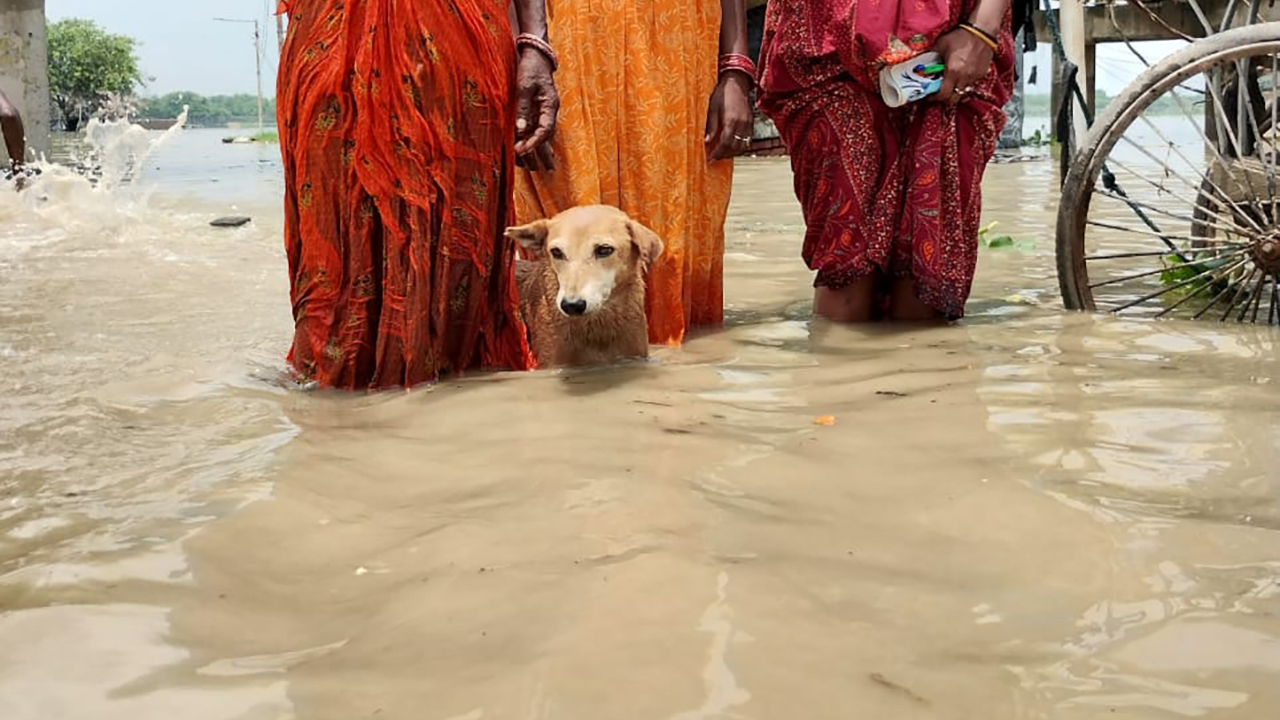We know Indian floods might have been hard to prevent, but their impact could have been reduced had development on floodplains, mountains and riverine systems paid more attention to carrying capacity, engineering and ecology.
From the news, a few things are emerging about Korea. Tunnels became death traps because of unprecedented flash floods from rivers, warning systems were foxed by the speed of flooding and enormous landslides added to the crisis. It isn’t in Asia alone. In 2021, Germany faced one of the most terrible floods in it’s history, as did Belgium, Austria, the Netherlands, Switzerland and Italy.
Given the global nature of calamitous climate-propelled floods, shall we not all share learnings in this era of uncertainty? Countries like India have set up effective early warning systems, finessed by experience. Germany, is learning to leave nature alone, preventing building on floodplains and relocating dykes. Such lessons should not be gleaned after an event, but as part of a preparedness plan. Countries with a likelihood of floods could rapidly create a learning network, share knowledge and free technology along with building mutual capacity. This can strengthen everyone’s flood resilience and climate arsenal. If we each reinvent the wheel, climate change will outpace us all effortlessly. Why not co-operate on specific needs even as global frameworks get negotiated?
(First published in the Hindustan Times on Jul 17, 2023)
Bharati Chaturvedi
I help fin-tech digital product teams to create amazing experiences by crafting top-level UI/UX.
Similar

admin
October 15, 2003Composting of Wet Waste
Training waste workers and households in composting to divert wet waste from landfills and abate methane emissions.

admin
April 16, 2004Waste Rules in India
Read More

admin
September 16, 2004The Poison Within – How Environmental Contamination is Impacting Our Children ’s Future
How environmental contamination is impacting our children’s future

